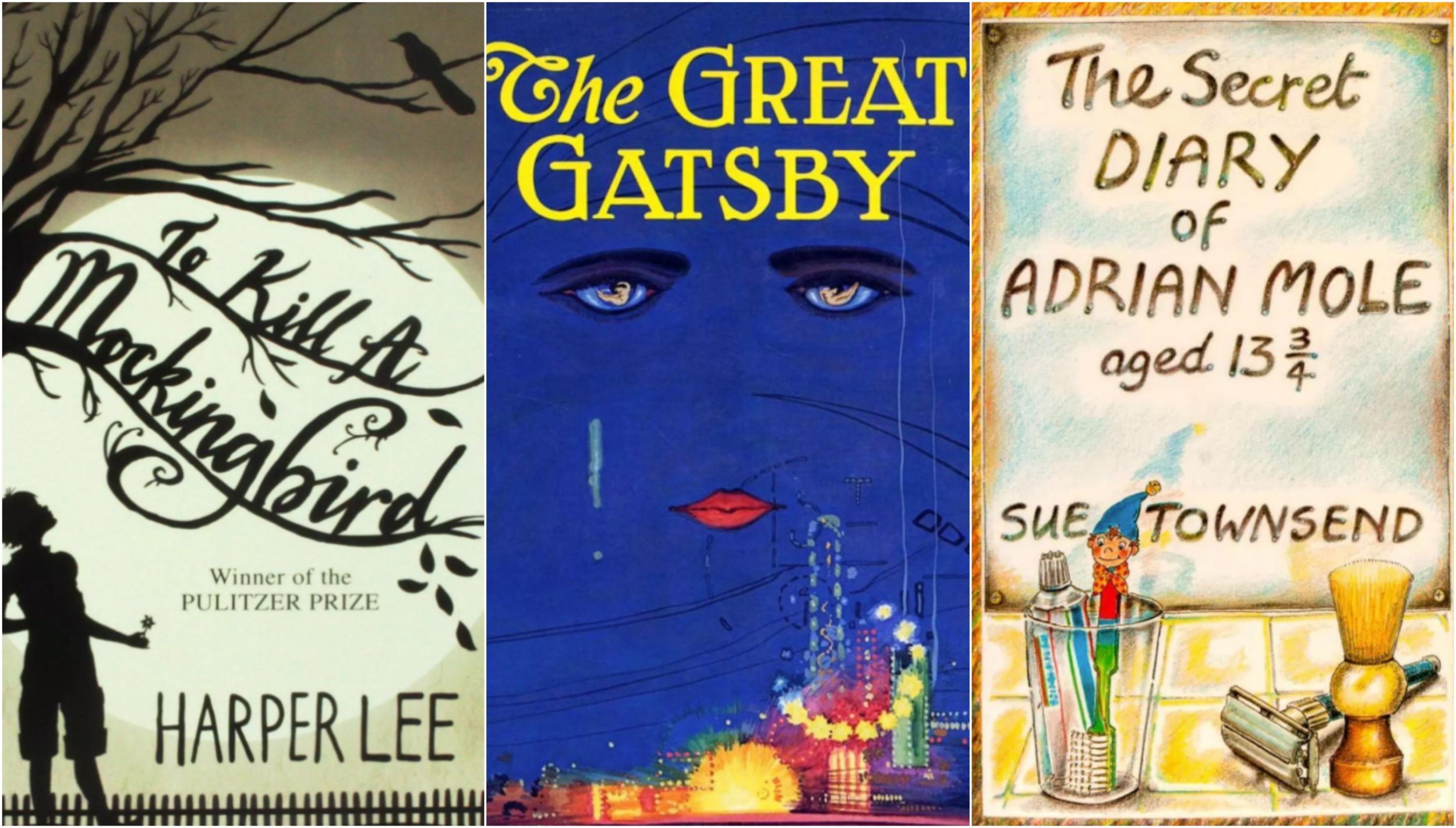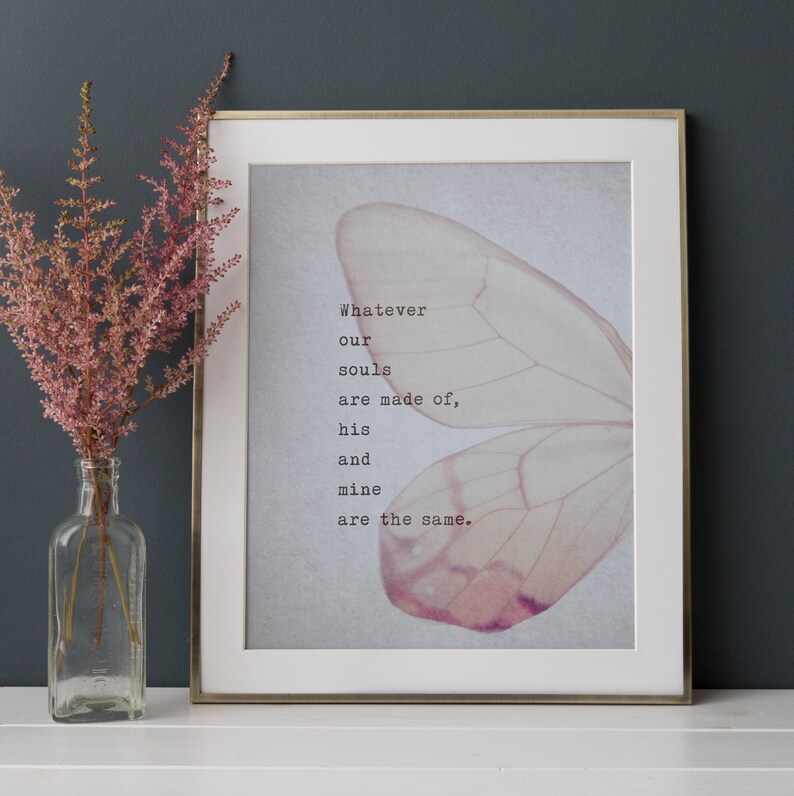


Her later diary papers, however, show a marked improvement. She and Anne wrote diary papers at regular intervals, and her earliest offering in November 1834 (when she was 16) lists ‘phesant’ for pheasant, and ‘kitchin’ for kitchen among other errors.

In common with many brilliant writers, spelling, grammar and punctuation were not Emily’s strong points. This continued into adulthood, so that sometimes when addressed Emily would remain silent, completely unable to answer them. As a child, she and Anne would sometimes hide behind doors or under tables if visitors came to the Haworth Parsonage they called home. Emily Brontë was sometimes unable to speak in publicĪll the Brontë sisters could be shy, but Emily was the most reserved of them all.

Anne Brontë was the love of Emily’s life, with family friend Ellen Nussey describing them as ‘like twins - inseparable companions, and in the very closest sympathy, which never had any interruption’.Ģ. She was happiest in her own company, or with her beloved sister Anne. For someone who understood the varieties of love so well, it seems that Emily herself never knew romantic love. Wuthering Heights is the greatest book ever written, and one full of passion and love, if of a twisted and sometimes frightening kind. Emily is perhaps the most mysterious member of the literary family from Yorkshire that we all know and love, so let’s take a look at 10 things you didn’t know about Emily Brontë. That was more than enough, however, and today Emily Brontë is celebrated the world over as one of the greatest writers the world has ever seen. Emily Jane Brontë died from tuberculosis on 19 December of that year, leaving just one novel, Wuthering Heights, and a collection of poetry to posterity. For most households the week before Christmas is a joyous one filled with happiness and anticipation, but it was rather different for one household on the western edge of Yorkshire in December 1848.


 0 kommentar(er)
0 kommentar(er)
